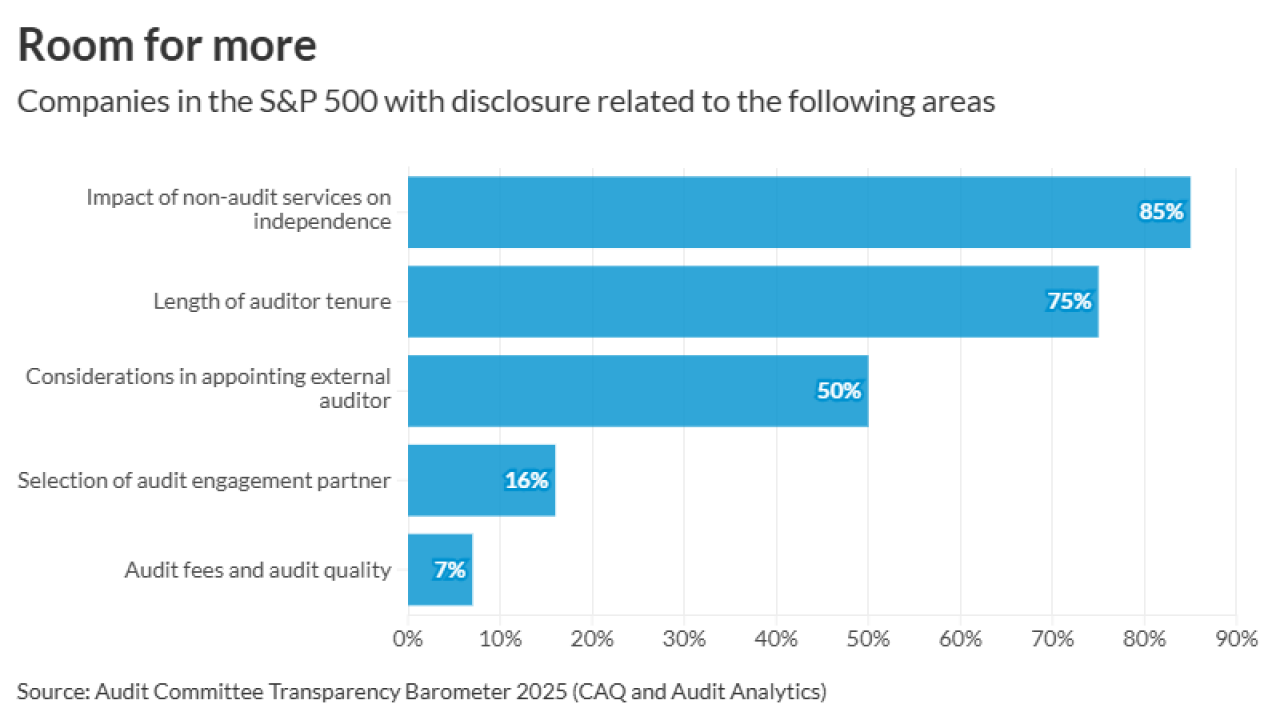With the hoopla of both the Democratic and Republican National Conventions still reverberating throughout the country and the election less than a month away, Accounting Today examines the tax plans offered by both Democratic nominee Barack Obama and GOP candidate John McCain as each vies to become the 44th occupant of the White House.The McCain plan Republican presidential candidate John McCain's plan to shake up Washington starts with some serious rattling of the current federal Tax Code, including a proposal aimed at making millions of Americans less dependent on accountants and other professional tax return preparers.
Under that plan, McCain would offer taxpayers the option of sidestepping the increasingly complex income tax reporting system in favor of a significantly streamlined alternative approach. Those who choose the alternate system would be granted a larger standard deduction, a heftier personal exemption, and only two tax brackets to agonize over.
In calling for "a simpler, fairer Tax Code," the GOP candidate described the present system as virtually inscrutable.
"Nobody understands it, nobody trusts it, nobody believes in it, and we have to fix it," he said. As president, McCain said that he would design a new Tax Code for Americans that "they can understand and that they know is fair."
Unlike Democrat Barack Obama, who has promised to repeal most of the Bush tax cuts, McCain has pledged to make permanent all of the reductions, except for the estate tax repeal. Under his plan, a permanent 15 percent "death tax" would be imposed on taxable estates over $5 million.
Although the GOP nominee has discussed the need to repeal the Alternative Minimum Tax during the campaign, his formal tax plan stops short of immediate elimination. Instead, he would extend and index the 2007 AMT "patch" for inflation, and begin raising the threshold by an additional 5 percent annually in 2013.
McCain has also proposed a series of new tax cuts, including several targeted to reduce the burden on businesses.
In addition to slicing the maximum corporate tax rate from 35 to 25 percent, McCain wants to allow a first-year deduction of three- and five-year equipment purchases. He would also convert the current tax credit for research and development to a 10 percent credit for wages incurred for R&D.
For individual taxpayers, he is calling for a 70 percent increase in the dependent exemption. McCain has also ruled out increases in the current tax rates for dividends and capital gains, and wants an outright ban on federal Internet or cell phone taxes.
On the health care front, McCain wants to repeal the income tax exclusion for employer-sponsored health insurance and replace it with a refundable credit of $2,500 for individual taxpayers and $5,000 for joint filers. He has also called for higher premiums on Medicare prescription drug coverage for upper-income seniors (singles earning over $82,000 and couples making more than $164,000).
To help pay for the tax cuts he has proposed, McCain plans to close oil and gas tax loopholes, eliminate pork barrel "earmarked" projects from the budget, freeze non-military discretionary spending for one year, and sunset some federal programs altogether.
If elected, McCain has also promised to veto any tax increases passed by Congress, and to seek new rules requiring a three-fifths majority vote for any future tax increases.
"If Congress can't fix the Tax Code, give me the job and I'll fix it," he has said.





